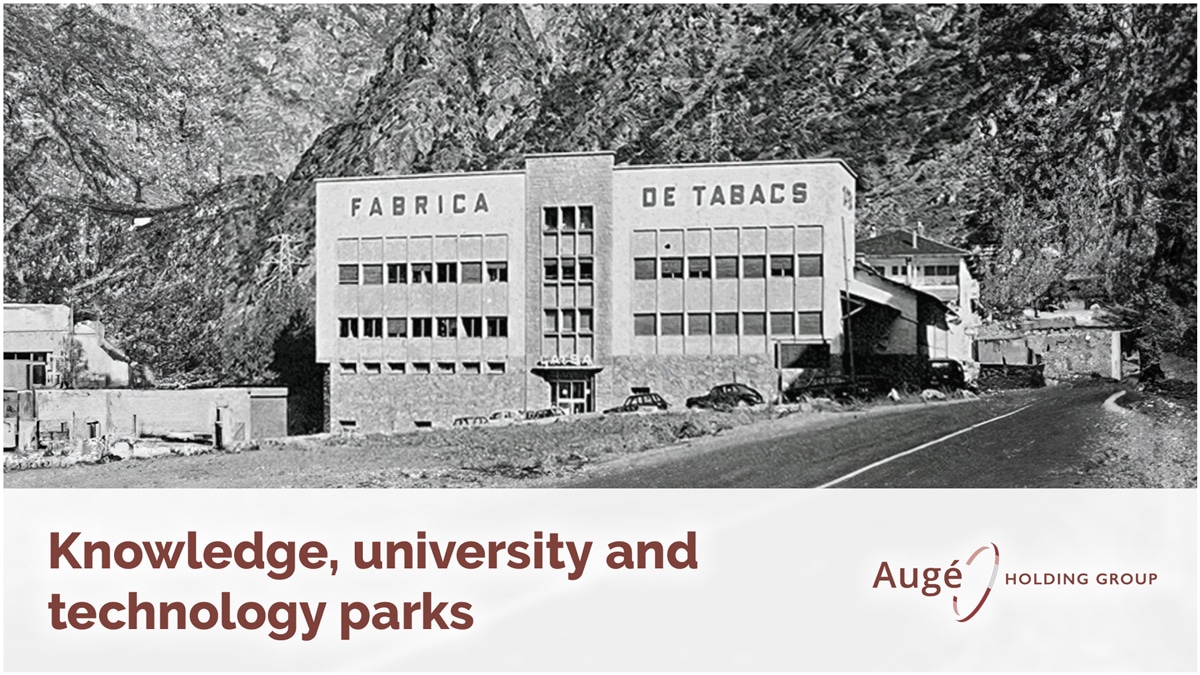Table of contents
ToggleAlternative dispute resolution methods – the specific case of mediation
The mere fact of being born and living in society implies the need to coexist with others. As a result of this cohabitation, conflicts of various natures can arise, among which, legal disputes may emerge.
In such cases, the option that a large part of the population would likely choose is the judicial route, so that the courts can resolve the conflict. However, prioritizing this option often equates to significant economic and time expenses, not to mention that you cannot choose the person tasked with rendering the judgment, as the law sets the parameters for determining the competent organ and judicial authority.
In this regard, alternative dispute resolution methods have emerged – both at the European level and domestically – as a magnificent alternative to the judicial path, allowing the parties of a conflict to resolve their issues more satisfactorily while contributing to the avoidance of overburdening the judicial systems. It is clear that no matter how much effort the Seat of Justice makes, through hiring staff and creating reinforcement sections, conflicts will continue to arise, which means that a quick and effective response to disputes cannot always be provided.
Negotiation, mediation, conciliation, or even arbitration, thus present themselves as alternative techniques to the courts. This is due to their agility – largely due to the reduction of required formalities – allowing the parties involved in a conflict to obtain a more beneficial solution for all parties. Nonetheless, for certain controversies, such as those of a penal or administrative nature, recourse to the traditional system will be indispensable.
Nonetheless, as an illustration, thanks to the success of the implementation of the Family Mediation Service, the current Attention and Mediation Service near the Administration of Justice, it is important to focus on the benefits mediation presents.
According to Law 3/2018, of March 22 on mediation, this alternative conflict resolution method allows the parties involved in a dispute to voluntarily, through dialogue, reach a beneficial and viable solution for both sides. Evidently, throughout this process, the presence of a third party, the mediator, who, despite being an external figure to the conflict, impartial and neutral, will attempt to establish connections and common ground between the parties. Therefore, the main goal of mediation is to try to prevent the conflict between the parties from escalating and taking on a contentious dimension.
Moreover, it seems pertinent to mention the existence of judicial mediation, which can be initiated – if the parties agree – at any point in the process by the Court. Evidently, this possibility shows the courts’ trust in this resolution system. In other words, it appears that there is a desire to promote mediation not only to resolve disputes generated outside the judicial scope but also to try to divert towards this technique, procedures generated within the framework of an already initiated judicial process. Undertaking such an action would level mediation not as an alternative process but as a complementary one to the judicial system.
On the other hand, the Attention and Mediation Service near the Administration of Justice encourages individuals affected by a family or contractual dispute to utilize this alternative means of conflict resolution; although the Andorran legal system also offers this option to attempt to resolve labor disputes.





